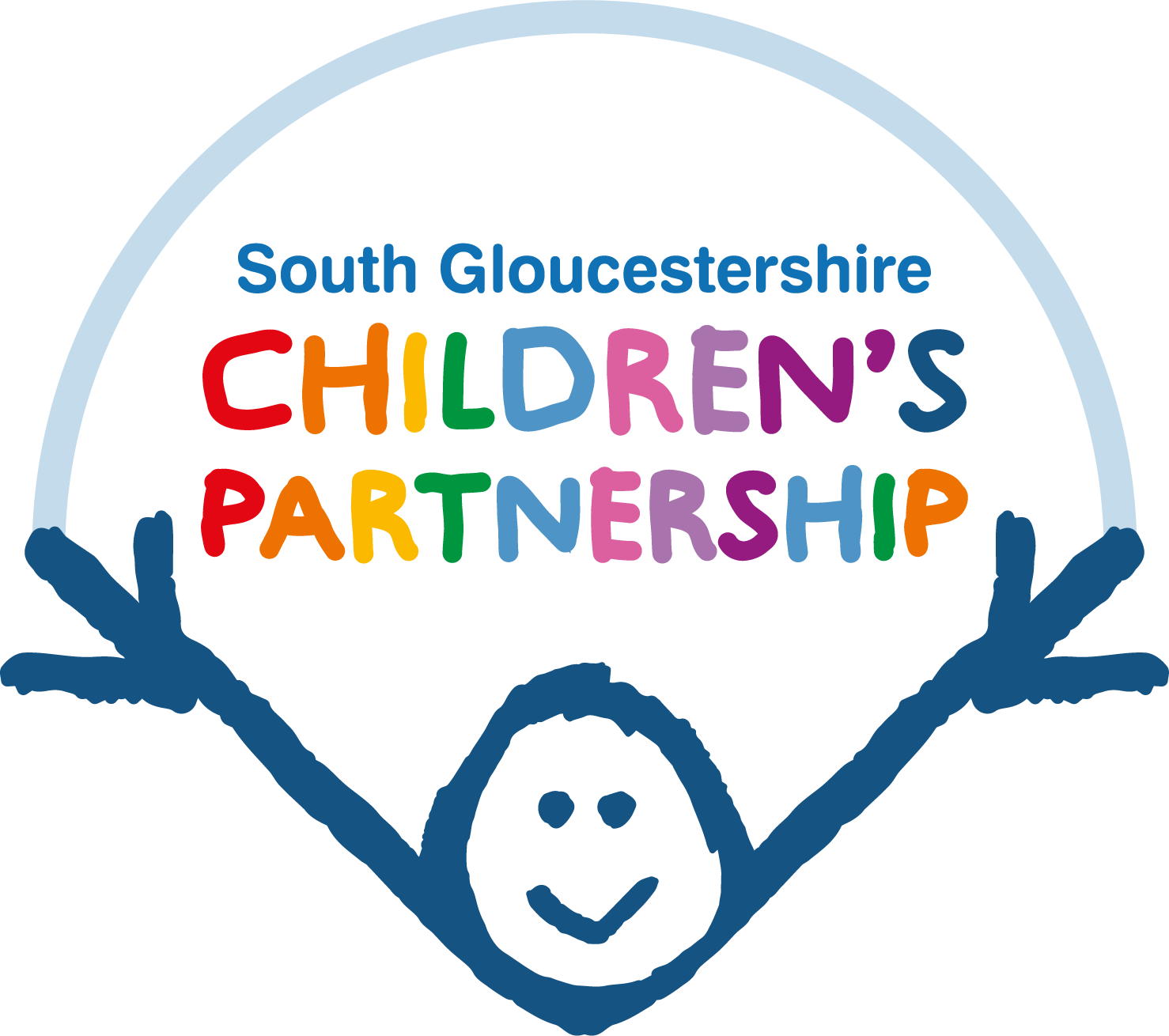What is child abuse?
Child abuse can take a range of different forms. A child being mistreated or abused sometimes called ‘significant harm’ can be defined as physical abuse, emotional abuse, sexual abuse or neglect.
Child abuse can occur at home, or in the organisations, schools or groups that you go to.
There are 4 major categories of child abuse:
Physical abuse is defined as when someone deliberately hurts a child, such as hitting, shaking, throwing, poisoning, burning, drowning or suffocating a child deliberately and with the intention of causing harm.
If a child is hurt by a relative, friend or stranger and it causes them physical harm, such as cuts, bruises, broken bones or other injuries, it is physical abuse.
Emotional abuse can take different forms such as when a child is unfairly blamed for everything, or told they are stupid, worthless or ugly and made to feel very sad and unhappy. Emotional abuse is severe and persistent ill treatment of a child. It can have long-lasting and devastating effects on a child’s emotional health and development.
Emotional abuse may be the only form of abuse suffered by a child, or it might be an element of other child abuse and neglect.
Child sexual abuse involves persuading or forcing a child to take part in sexual activities, or encouraging a child to behave in sexually inappropriate ways.
The sexual abuse of children is more than just physical sexual contact and includes sexual touching clothed or unclothed, all penetrative sex, intentionally engaging in sexual activity in front of a child and making, permitting to take, distributing and showing or advertising indecent images of children.
Neglect is where a child is not being looked after properly. This can include not getting enough to eat or being left alone in dangerous situations. Neglect is the persistent failure to meet a child’s basic and essential needs.
Children need adequate food, water, shelter, warmth, protection and health care and they need their carers to be attentive, dependable and kind. If a child does not have a safe and stable home, this is neglect.
Young persons guide to keeping safe
The Government has published a guide for young people to explain what abuse is and how to keep children safe.
Working together
The Government has published the guide below for young people to explain how adults and professionals are expected to work together to protect and safeguard children.
